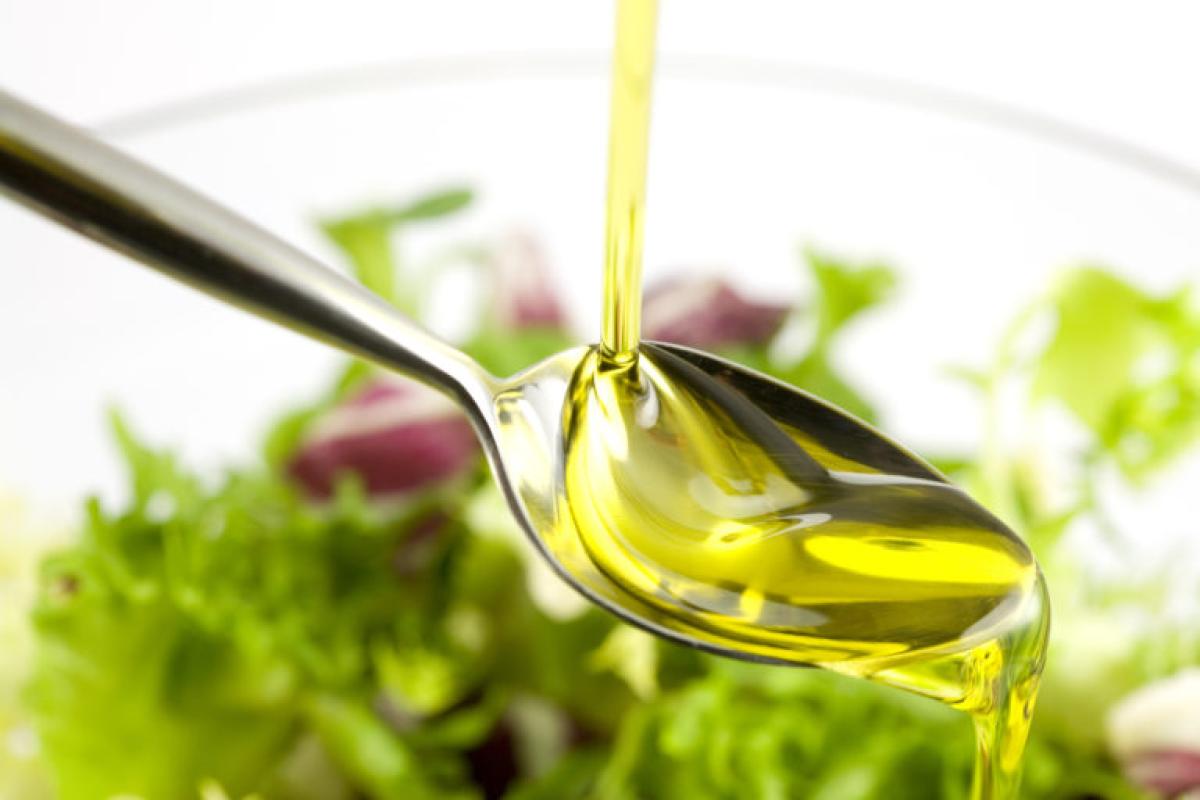The skinny on fats

Good fats, bad fats, is there really a difference? The answer is yes. Not all dietary fats are created equal and eating the right fats can be heart healthy and may even help you slim your waistline.
You should also be aware that the types of fat you eat are more important than the total amount of fat in your diet in preventing heart disease. For good heart health, the majority of fats you eat should be monounsaturated or polyunsaturated oils. Use this quick guide to help you make better choices at the supermarket the next time you fill your shopping cart.
Saturated fats turn solid at room temperature and have long been considered bad fats because they raise cholesterol levels in your blood. Saturated fats are found in butter, meat, milk and other animal fats. Palm and coconut oils are also saturated fats.
Trans fats are the worst of the fats. These are partially hydrogenated fats that are typically found in baked goods, hydrogenated stick margarines and processed foods and should be avoided, whenever possible. Trans fats raise your LDL – bad cholesterol – and increase your risk for heart disease, stroke and diabetes. Limit the amount of trans fats in your diet to less than 1 percent of your total daily calories. That means if you need about 2,000 calories a day, less than 20 calories (or 2 grams) should come from trans fats.
Monounsaturated fats include olive oil, avocado, tea seed, peanut, canola and almond oils. Monounsaturated fats have been shown to decrease breast cancer risk, reduce cholesterol levels, lower heart disease risk and stroke and assist in weight loss.
Polyunsaturated fats can reduce bad cholesterol levels, lower your risk of heart disease and stroke and provide vitamin E as well as omega-6 and omega-3 fatty acids to your diet. These include oils like soybean, corn, sunflower as well as fatty fish such as salmon, mackerel, herring and trout.
Which type of dietary fat you use when cooking can also affect the flavor and healthiness of your meals.
Try these tips when cooking with vegetable oils to enhance flavor and get heart-healthy nutrients:
- Brush on oil rather then pour to reduce the amount used
- Use cooking sprays rather than oils or butter
- Add flavor, juiciness and tenderness by marinating your meats with a combination of olive oil, vinegar, lemon juice or wine and spices
- Use olive oil for low-temperature cooking, such as sautéing vegetables
- Canola and peanut oils have a higher heat tolerance and can be used for frying and preparing foods that require higher cooking temperatures
- Avocado oil has a light and nutty flavor and is good in salad dressings while almond oil is more subtle and is ideal for cold dishes
- The most pure and flavorful form olive oil is extra virgin olive oil, which is obtained through a cold-pressed process
- Virgin olive oil has a higher acidity, a more subtle flavor and typically undergoes a heating process to extract the oil
- Olive oil is a blend of virgin olive oil and refined olive oil and has the least nutrients, flavor and aroma




